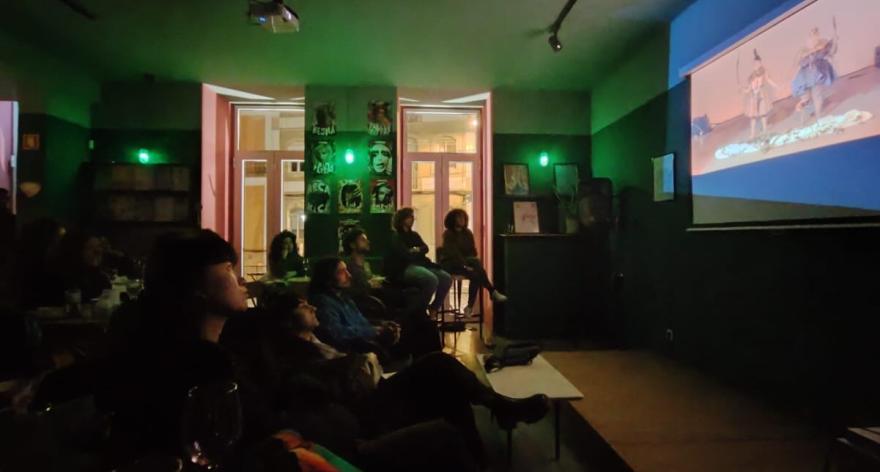On March 6th, VALSA hosted a screening of the documentary "Corpo Água," produced by Casa do Brasil de Lisboa and directed by Luisa Mello. The film provides insight into the Brazilian migrant artistic community in Lisbon, thus enriching the dialogue surrounding the art produced in the city by artists who have chosen to reside there.
In Lisbon, a vibrant and resilient community of artists from Brazil is reshaping the city's cultural landscape. "Corpo Água" explores various artistic expressions, reflecting on the challenges faced by immigrant artists on the other side of the ocean. The documentary highlights the transformative power of art, encounter, and resistance.
"Corpo Água" is part of the Casa Cria Project - Artistic Dynamics for Migrant Artists and it is promoted by Casa do Brasil de Lisboa and co-financed by the Fund for Asylum, Migration, and Integration (FAMI), managed by the High Commission for Migration (ACM).
Casa do Brasil de Lisboa (CBL) is a recent addition to the Portuguese Network of the Anna Lindh Foundation. CBL, a non-profit immigrant association founded in January 1992 by Brazilians living in Portugal, plays an active role in reflecting on and implementing public policies. It serves as a key advocate, demanding equal policies for immigrant communities in Portugal. CBL develops projects with actions aimed at promoting equal access to rights and services for immigrant people. In addition to social intervention and activism, they foster the appreciation of multiculturalism, interculturalism, and integration through cultural initiatives.
Click here for more info
